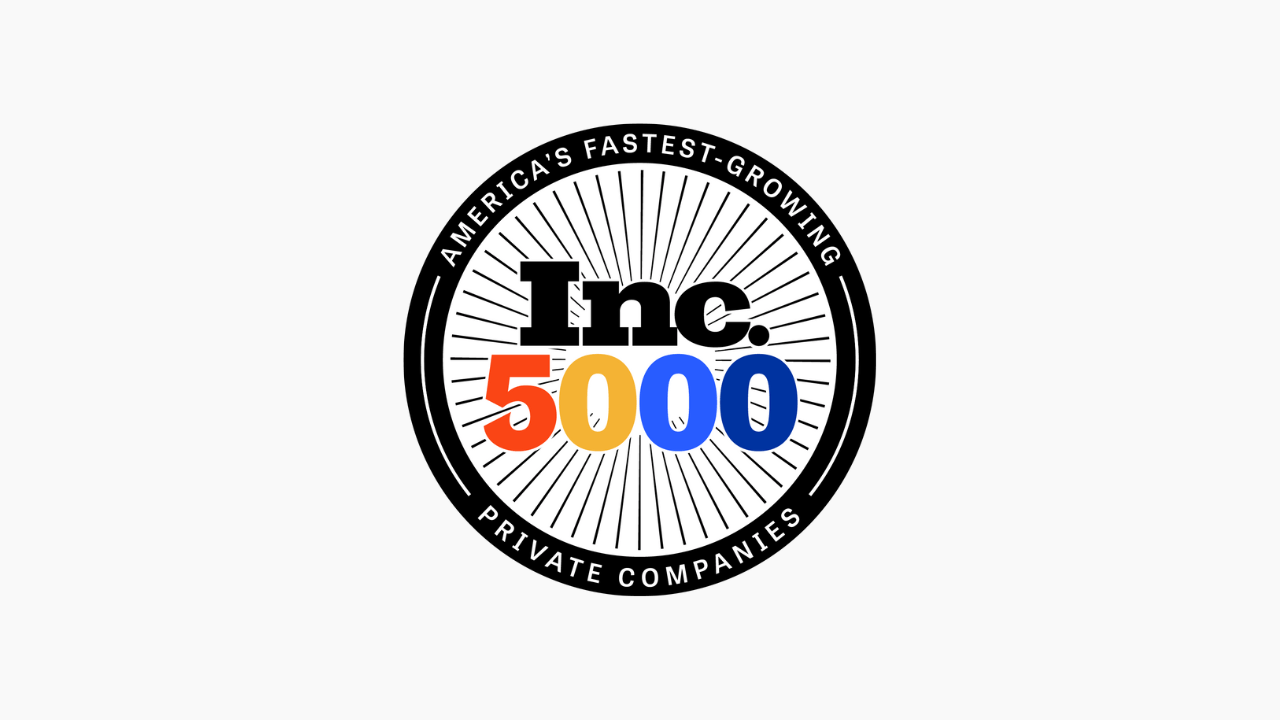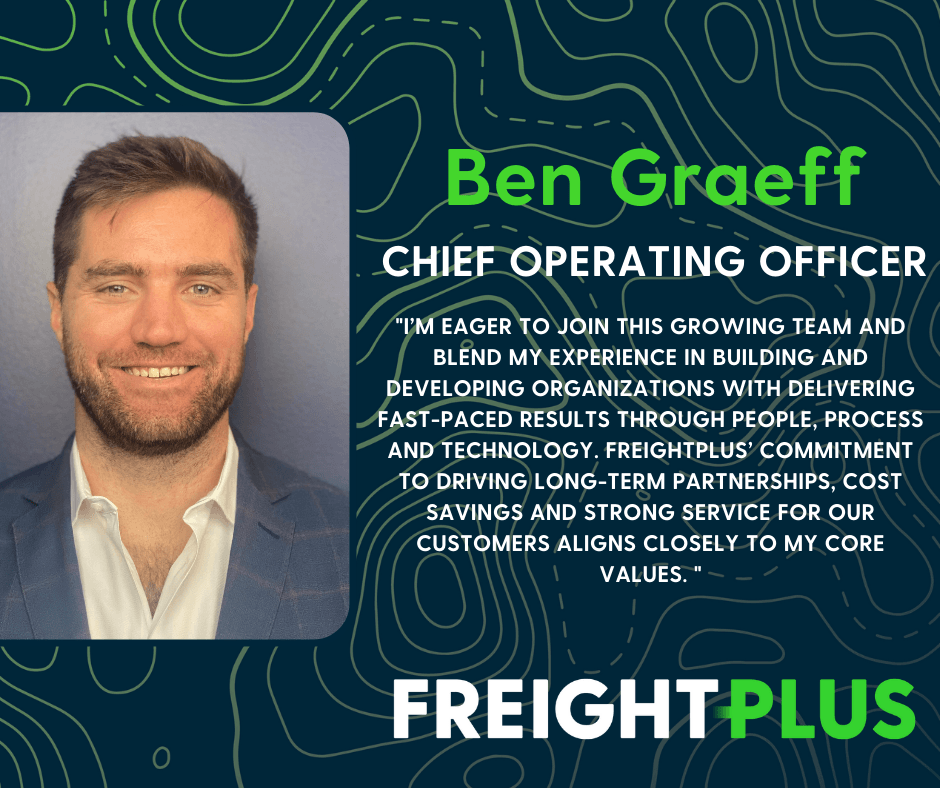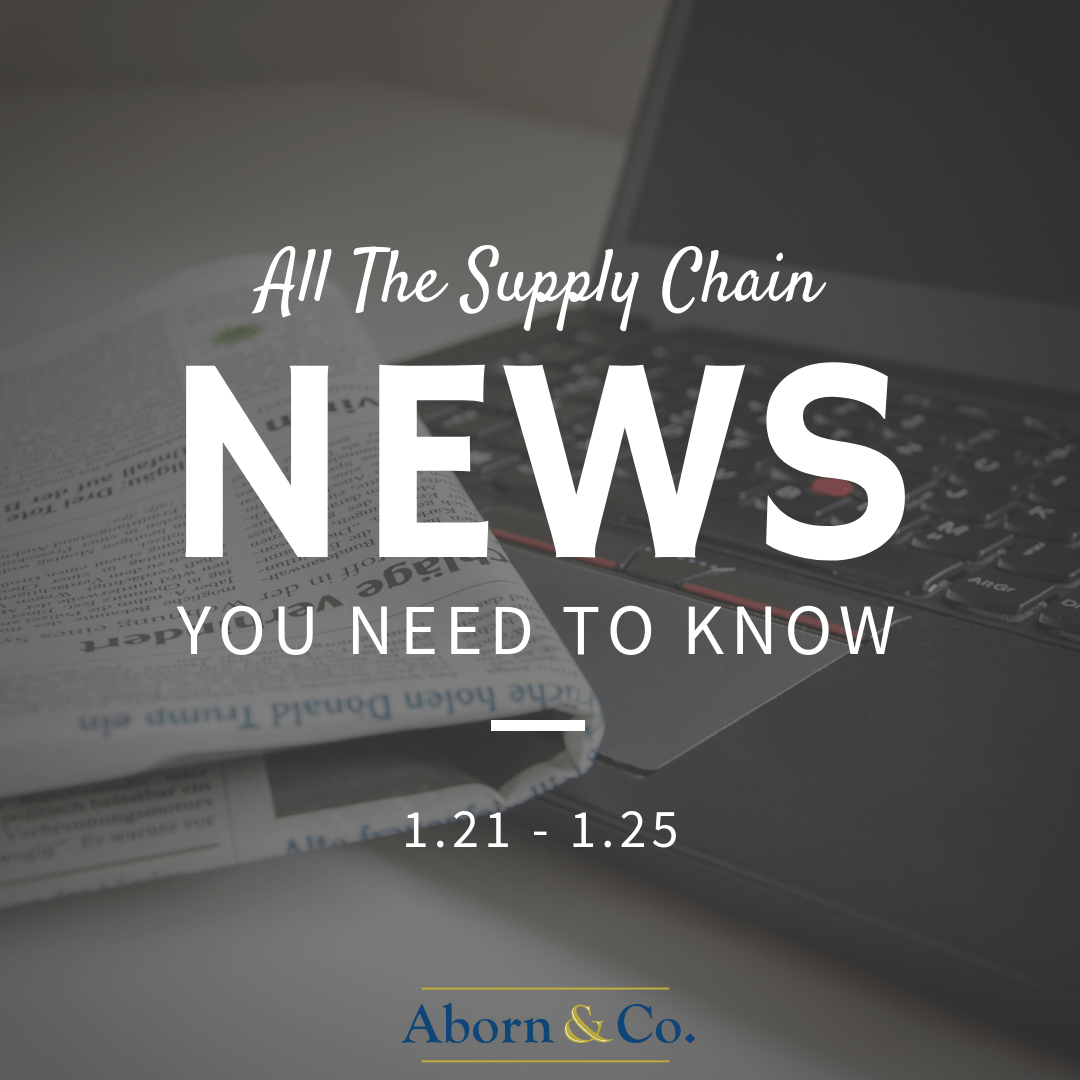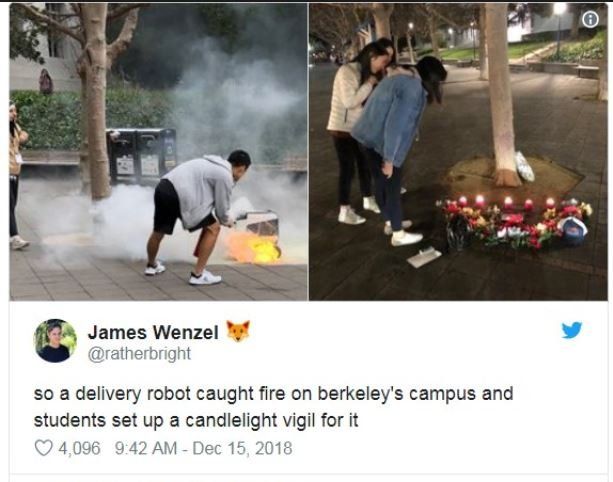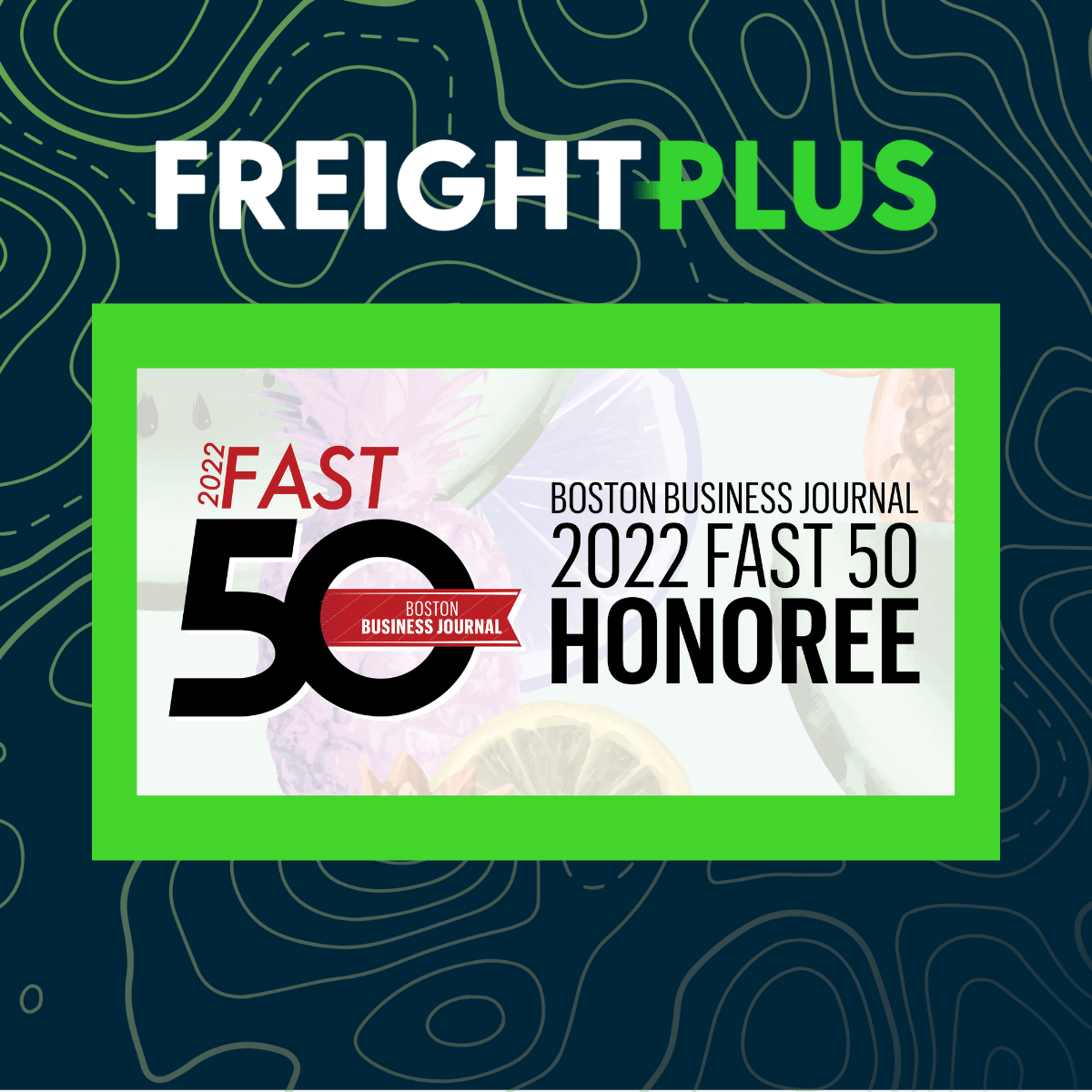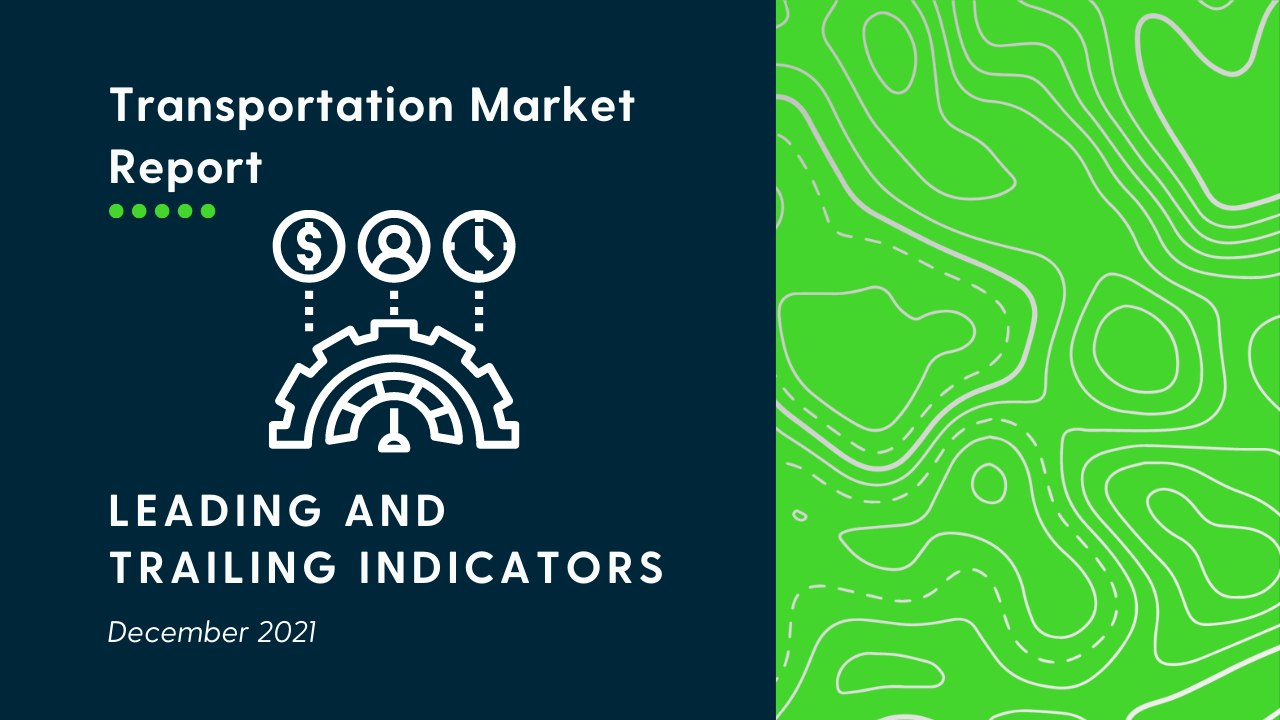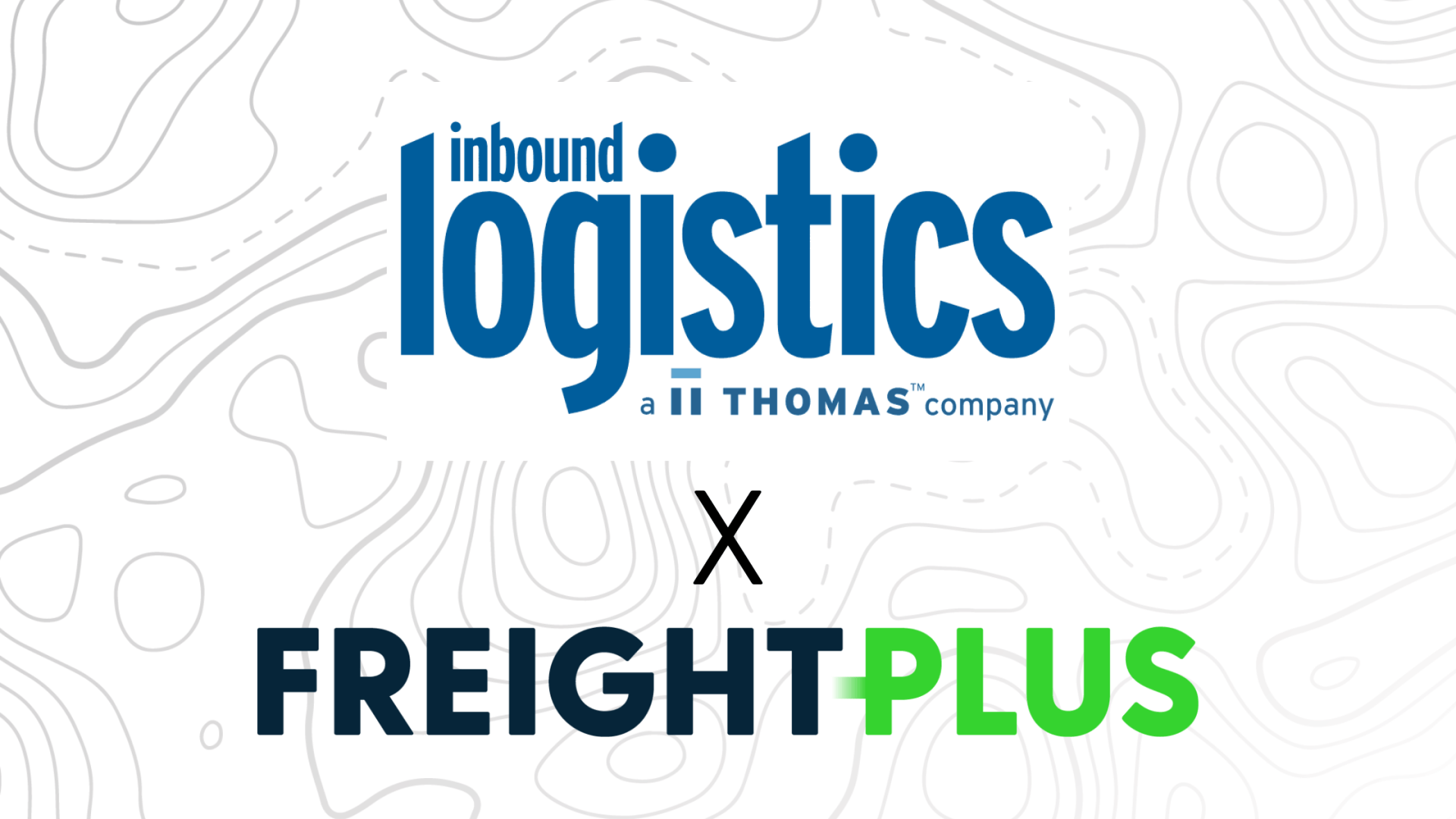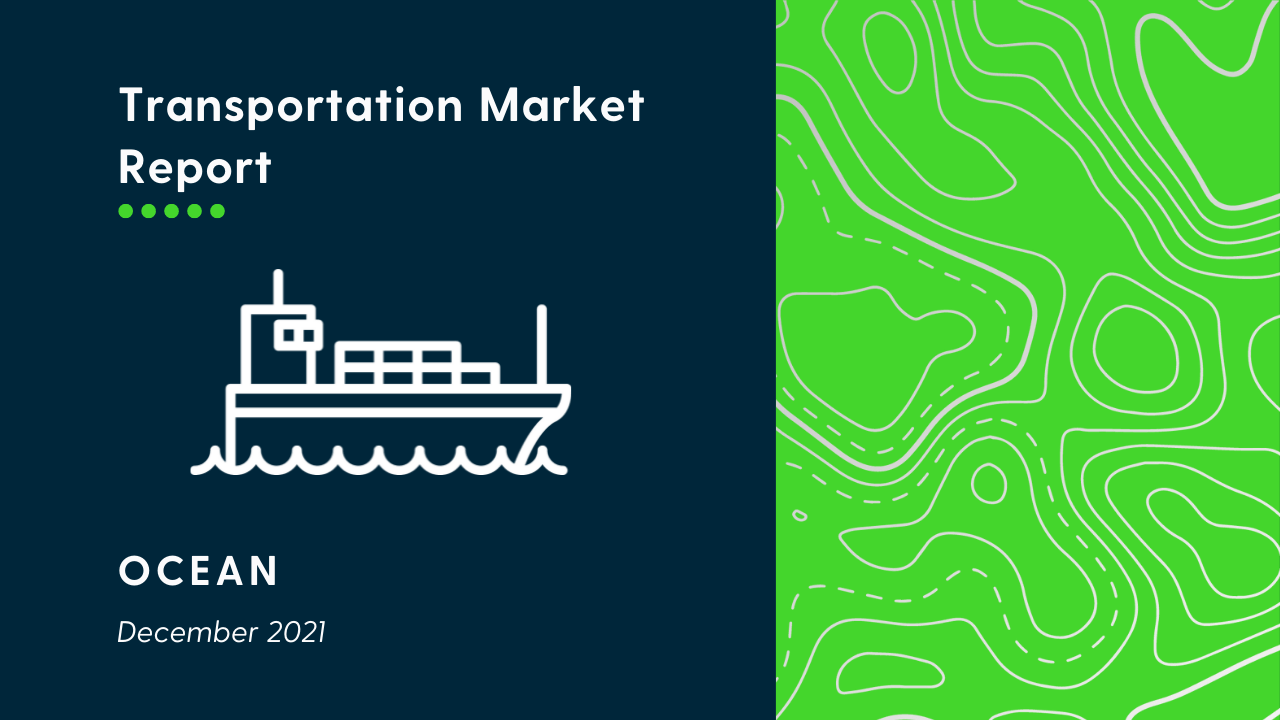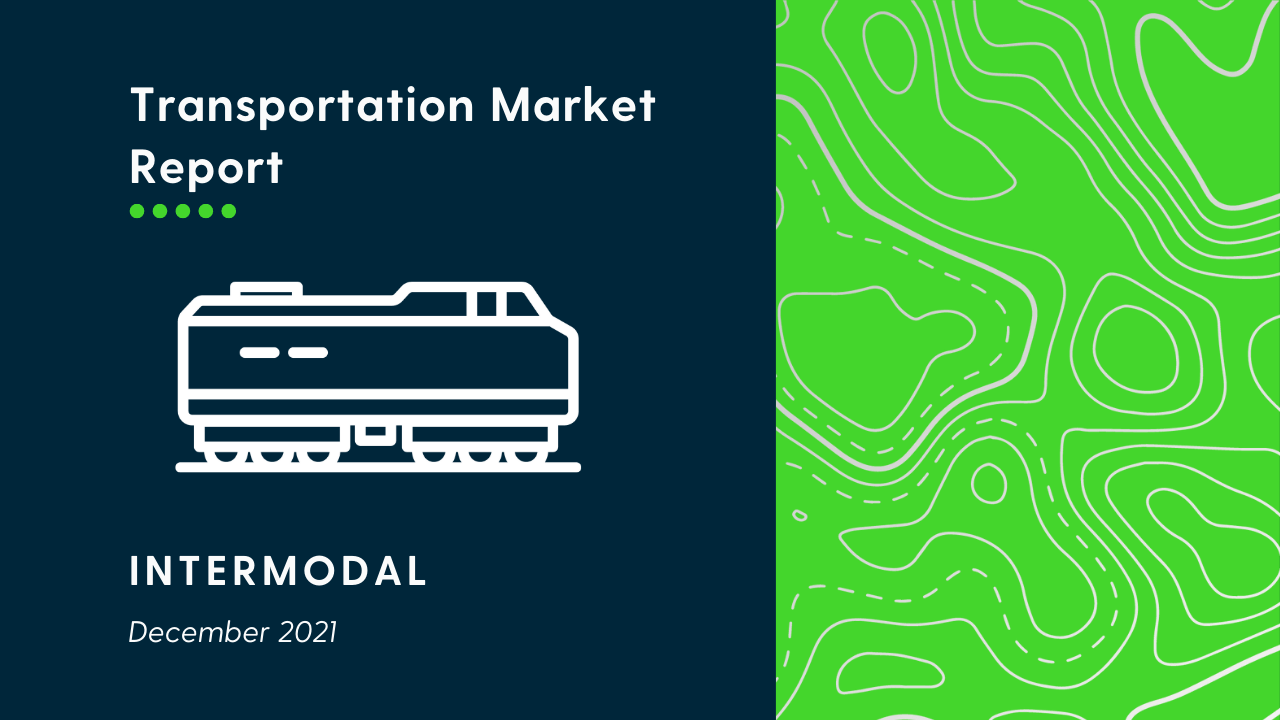All The Supply Chain News You Need To Know 1/21-1/25
Three-day and free shipping are the sweet spots for e-com deliveries according to new survey. The study, conducted by Hanover Research and LaserShip, surveyed over 1000 consumers on their online purchasing habits. 50% of respondents reported abandoning online shopping carts due to high delivery fees or poor return policies. While the majority of shoppers expect items purchased online to be delivered in three days or fewer, and for returns to be free, Millennial and Gen Z buyers are more apt to pay a premium for faster shipping. The report also found that a trendline across all demographics is "...retailers must always have an option for free shipping. It’s no longer acceptable not to give consumers that choice."
Trucking capacity climbs as rates decline to start 2019. The news comes as the van load-to-truck ratio hits an 8-month low. Van, flatbed, and reefer rates are down 4, 4, and 5 cents respectively. According to the DAT load boards, truck counts are up 7% while loads slipped by 10%. It remains to be seen if this decline is due to shippers front loading shipments at the end of 2018 to beat new tariffs.
Vancouver area shippers prompt Canadian Transportation Agency investigation into freight rail operations. The agency is investigating freight discrimination as officials question if the service is “fulfilling their service obligations.” The issue stems back to port bottlenecking that occurred last Fall. Western grain shippers have accused the rail of favoring more profit bearing energy shipments. In a statement provided to iPolitics, Canadian National Railway (CN) said it would “co-operate fully” with the CTA investigation.
Truck wait times exceed 2 hours as port congestion problems mount. Front loading of shipments at the end of 2018 has created a “vicious cycle” that underscores on-going port supply chain issues, according to APL. “Southern California’s main chassis lessor, the Pool of Pools, says chassis utilization remains at a 52-week high of over 85 percent, with chassis remaining on the street for up to five days on average,” according to the report on Freightwaves.
Big money continues to pour into logistics industry as NEXT raises $97M in Series C funding. NEXT, an online freight marketplace, received investments from Brookfield Ventures, along with aid from Sequoia Capital and GLP. “In 2018, global logistics startups collected more than $6 billion in VC funding, nearly double the $3.2 billion invested in the space the year prior, according to PitchBook,” reports Techcrunch.
George Mason University becomes first school to add robots to its meal plan. The robots, which are made by European statup Starship Technologies, travel on 6 wheels and will add an extra $1.99 to each order. Each food bot can carry up to 20 pounds of food and can drive over curbs and sidewalks in rain or shine. Students place orders through an app which are then delivered directly to the student’s location where they can only be unlocked by the person who placed the order. Rival startup Kiwi piloted a similar program at UC Berkley last year, however when one of their bots burst into flames it inspired a campus wide vigil.
Today in " Where's my freight? "
Looking to take control of your freight and future-proof your supply chain?
Get ready for tomorrow…today with Aborn & Company’s Advantage Modern Managed Freight Solutions. Find out how we’ve combined traditional freight management fundamentals with data and technology to help companies reduce freight costs, improve carrier service, and bring visibility to their supply chain.
Click the link now
to set up a complimentary consultation. Isn’t it time you got optimized?
Checkout the latest episode of our podcast
! Listen below or subscribe now on iTunes
, Spotify
, or simply search your favorite podcast player for Consulting Logistics!

